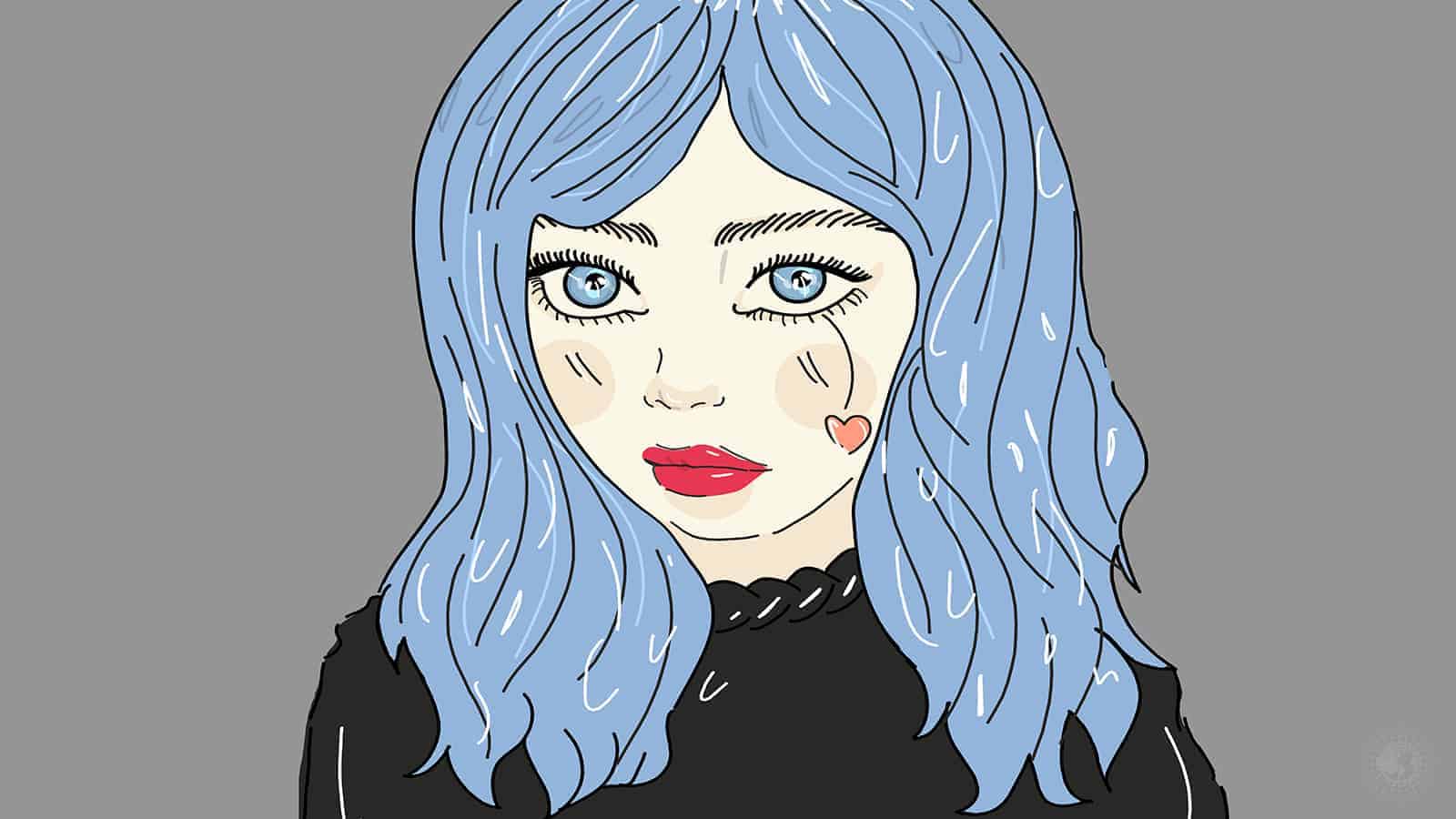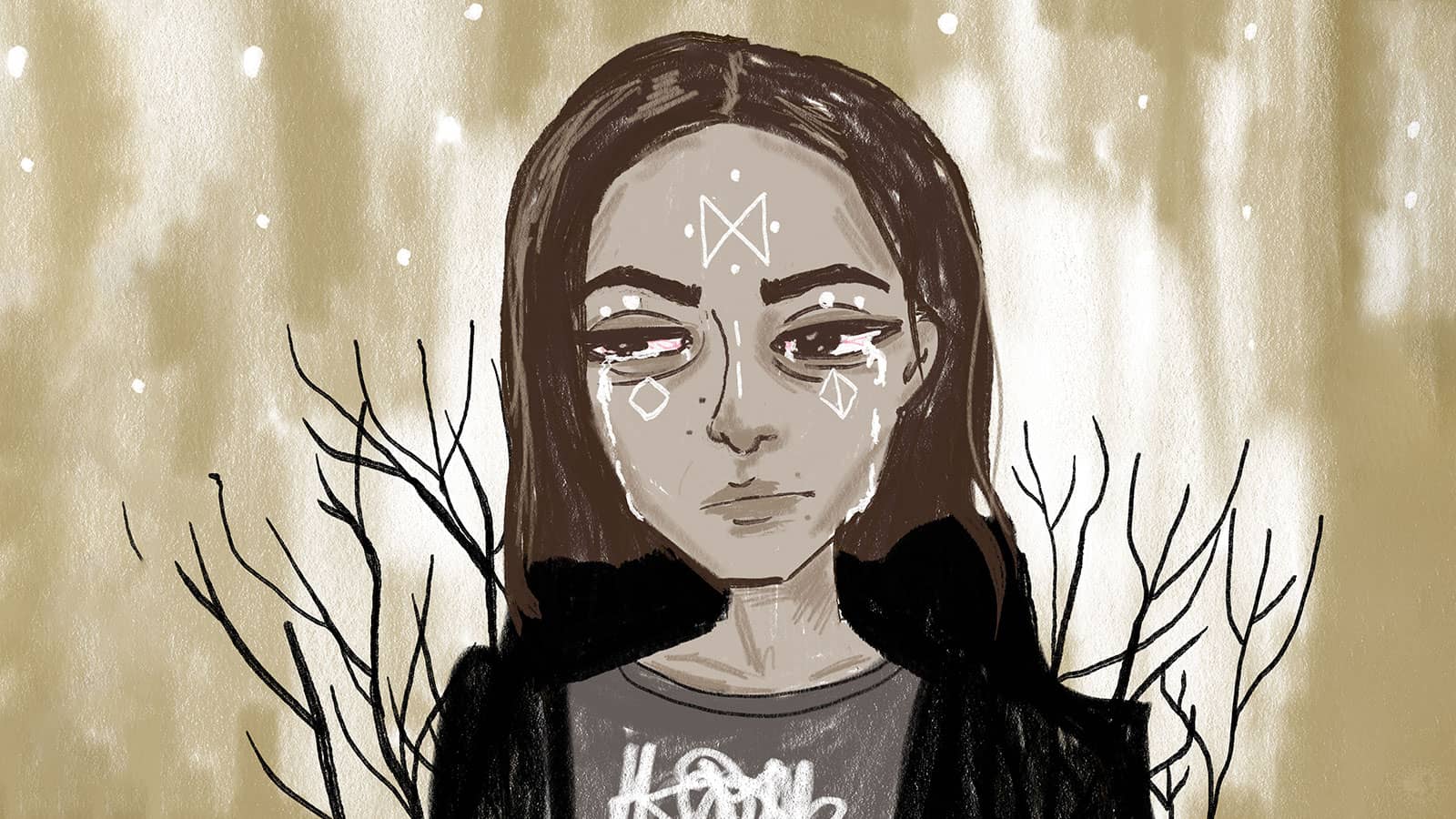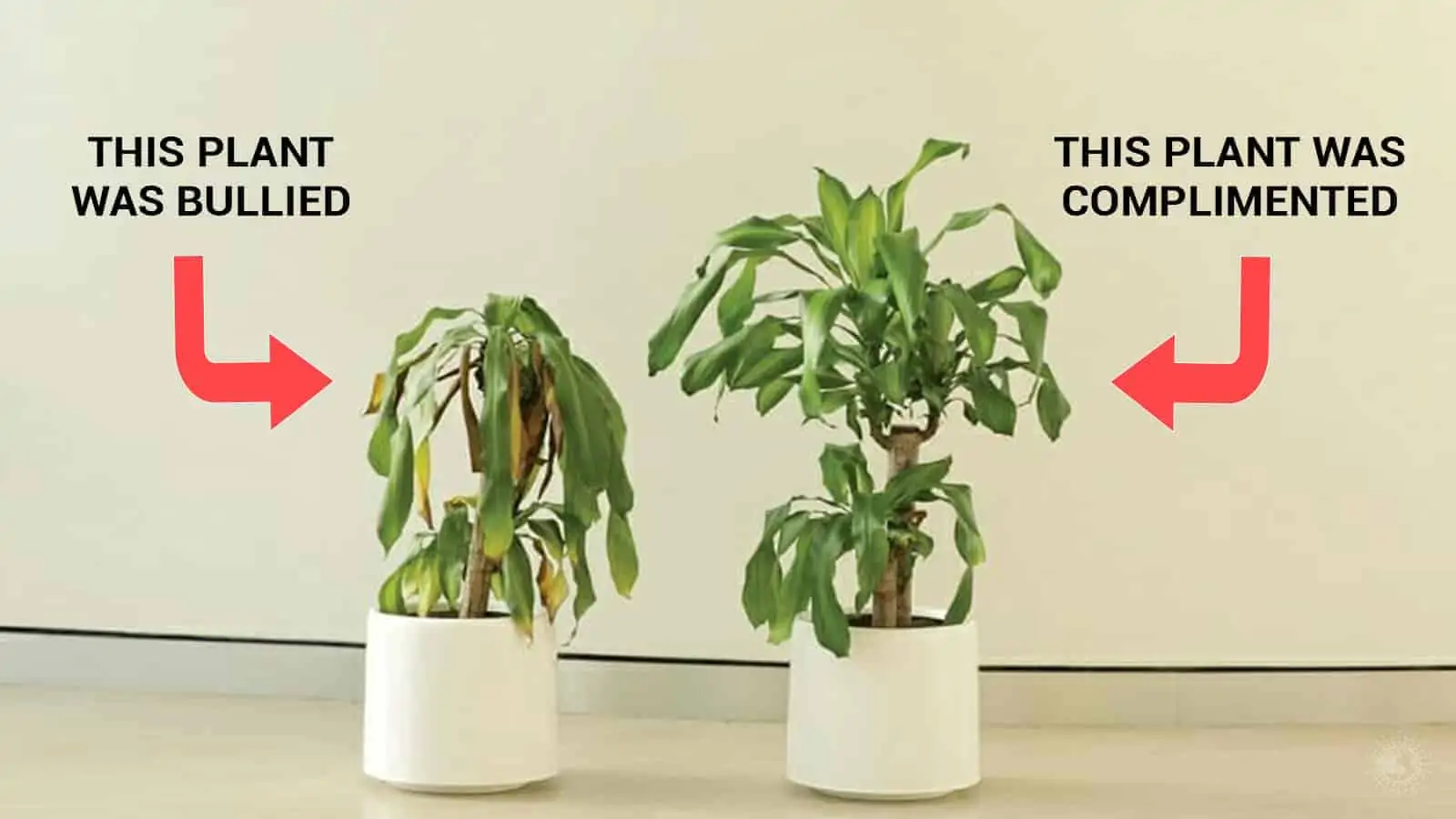Peer pressure is commonplace today, especially among teenagers. The pressure can come from verbal or nonverbal influences. Additionally, a little bit of external force can be a good impact, or it can have a detrimental effect.
Since this is such a powerful influence in your child’s life, it’s something that you need to understand to help them. Under the control of this pressure, your child can make bad decisions that can cost them dearly. How does peer pressure affect your teenager, and how do you, as a parent, know when to step in and help?
Let’s assume your child suddenly takes an interest in working out at the local gym to bulk their muscles. This once couch laden teen has joined a group of kids at school who want to better their health. In this scenario, the influence of others is positive because your child is making changes to better their body.
Now, what if your child is caught smoking cigarettes or vaping behind the school with her friends? She felt the pressure from others to do something that can have a detrimental effect on her health.
Yet, she willingly did it because she succumbed to the urgings from others to try something new and dangerous. It’s easy to see that peer pressure can have different effects on your teen, but why is it such a powerful influence?
The Power of Suggestion
Your child goes through various developmental phases as they grow. As a baby, your son or daughter learned that you would take care of all their needs, and they trust you. However, when children reach their teenage years, they try to break away from your influence to form a sense of self.
Your child no longer holds your values in the same light as they did before, as now, they are more inclined to listen to their peers. Your kid needs to fit in at school. Teenagers are at a developmental stage where friends are of the utmost importance, making them more influential than you.
Why is Peer Pressure so Nerve-Wracking?
Let’s assume that your daughter is very wasteful and likes to litter. If she starts hanging with a group of earth-conscious friends, they will pressure her to change her ways. She may change and begin to recycle, picking up any trash she sees lying on the ground, and stop her wasteful habits.
In this instance, the social pressure she feels has influenced her to make positive changes. However, when you find a vape kit in your son’s backpack, you are sure that peer pressure is the invisible enemy you fight. He’s making a very destructive choice.
He knows that smoking and vaping can be harmful to his system. While his brain can register the danger, he can’t comprehend the risks he puts his body in at this point. As your children are growing, their brain is still incredibly young, and you should think of it as a work in progress.
Your teen is going to seek new experiences as they grow and develop, but their brain can’t rationalize what they’re doing. Young people have a higher need for stimulation more so as they age. Inadvertently, new, exhilarating, and powerful encounters many times, transform into high-risk actions.
It’s difficult for a parent to deal with a child who is continuously seeking new stimulation. You won’t always be there to prevent them from doing crazy things or stop their friend’s suggestions to do something dangerous, just so they can “have fun.”
While painting graffiti on the local restaurant wall may seem like a bad idea, the gratification and temptation to “live a little” causes them to ignore the consequences.
5 Signs Your Teen is Dealing with Negative Peer Pressure
Regardless of all the people around your son or daughter, you’re still a powerful influence. While it appears that they are rebellious and not listening to what you have to say, they hear you. Now, whether they listen or not is another story.
It’s essential to stay involved in their lives so that you can help them make better choices. How do you know if your child is under peer pressure and may need help? Well, here are five warning signs to indicate an issue.
1. Sleep Habits Change
Sleep habits naturally change as your child ages. They will sleep more than ever when they hit those puberty years. However, when your child feels pressure from those around them, they can either sleep too much or too little.
You may notice signs like dark circles or bags under their eyes if they aren’t getting enough sleep. You may see their social media time increase as they are on it all night. If they are sleeping too much, you may have problems getting them out of bed or doing things they once loved.
These alterations in behavior can develop into depression if it goes on for too long. You must be careful because of peer pressure and bullying walk a fine line in some instances.
2. Loss of Appetite
Have you noticed a change in their weight? Are they eating too much or too little? A loss of appetite is not uncommon with someone who is under pressure or strain. If their weight plummets or takes a dramatic increase, then it could be a sign that there is emotional upset going on.
3. Moodiness
What teenager isn’t moody? However, you know your child better than anyone else. Hormonal fluctuations can cause Their moodiness, or it can be caused by being unhappy, not eating right, and not getting sufficient sleep. If you can’t even say “good morning” without them biting off your head, then you should investigate further.
4. Withdrawn
Social isolation is a big thing for teens as they develop and change. They may be socially withdrawn from the family and prefer to eat their dinner in their bedroom alone.
However, when you only see them for a few minutes each day, even though they don’t leave home, it’s a warning sign. It would be best if you interact with your child on some level each day.
5. They Have New Friends
Is your teen running with a new crowd? Usually, if there are significant changes in behavior or they become risk-takers, then new friends may be at the crux of the issue. If you’ve noticed that the friends they’ve had since elementary school don’t come around much anymore, you should question their absence.
A new crowd can bring about either a positive or bad influence. Consequently, if you see any of these signs that something is amiss, you can assume that the new friends aren’t the best of characters.
Common Peer-Pressured Activities
Your child may be a level-headed person that uses common sense to make decisions. Sadly, when hormones begin to rage during puberty, they can be an emotional wreck and make questionable choices. They will push the limits as they try out new personas. Never assume that your teenager is immune from the influence of peers; they just need your positive influence to be stronger.
You know your child better than anyone, and you know if he or she is a leader or a follower. Some teens won’t be swayed by temptation, while others will follow their friends to say and do just about anything. It would help if you were on guard, and here are the five most common things your teen will feel pressured to do.
1. Shoplifting
Remember, teens need to feel an adrenaline rush. They may not need to steal that candy bar at the store, but it gives them the “rush” to do something dangerous. If your child has developed “sticky fingers,” then it could be a sign of pressure from peers.
2. Sexual Encounters
Since their hormones are raging and they are going through puberty anyway, it’s not uncommon for them to have sexual encounters. Sadly, they can use sex as an outlet for their frustration, which can lead to teen pregnancy. Parents need to be observant of abnormal sexual promiscuity as it can get teens in trouble.
3. Smoke, Vaping, Trying Drugs
You may remember smoking in the bathroom when you were in high school. Times change, but some problems remain the same. Smoking, vaping, and trying drugs is the number one temptation that your child will feel pressure to do.
4. Engaging in Risky Behaviors
Life is all about taking chances, but it may cause them to take more significant risks when it comes to the uncertainty of the teenage years. If you’ve noticed that your child is engaging in downright dangerous activities, outside influence could be blamed.
5. Bullying
If one teen starts picking on a peer, then others will jump on the bandwagon. Bullying is never okay, but your child may feel outside influences to torment or taunt another student.
Final Thoughts: Prepare Your Teens for Peer Pressure Before It Happens
It’s essential to keep the communication lines open with your teenager. If you see any changes in behavior such as inappropriate language, clothing style alterations, social isolation, or disrespectfulness, then you need to keep an eye on them and their friends.
The truth is that if you keep a close relationship with your child that you can usually quickly spot problems and help steer them back in the right direction.






















